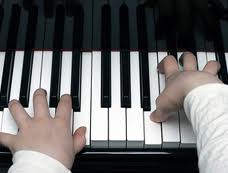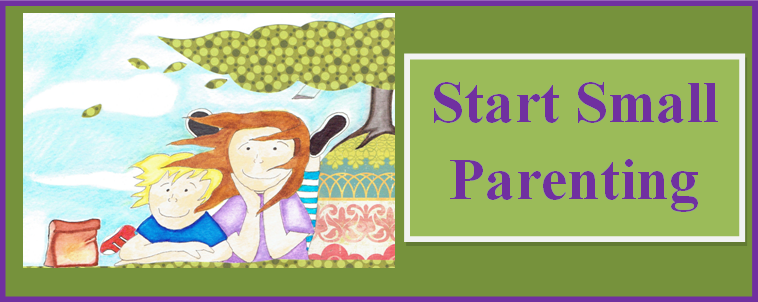 The benefits of music are vast and impactful. Maybe not all parents have gotten the word.
The benefits of music are vast and impactful. Maybe not all parents have gotten the word.
For example, I hear some version of this all too often:
Parent: We’re trying to decide between gymnastics and music.
Me: I love gymnastics. But it’s NOT music.
Or a parent may say, “My child is losing interest in music.”
With most everything in life worth doing, there are peaks and valleys. There are difficult moments and challenges of focus. That Temple Run video game is a lot easier on the eyes and brain. Why? Because the brain isn’t growing. With growth sometimes comes growing pains.
When schools cut the music budget down to nothing, I’m not just concerned – I’m outraged! Left unsupported, parents have to make some tough choices around the finances and time that music education often requires.
In making that decision, I want to be sure parents are aware of the impact music has on their child’s whole person. How does improved memory, rhythmic and motor coordination, concentration, socialization, stress-reduction, and self-expression sound? Parents seem to respond MOST, though, to information related to brain development.
The Brain and Music
Musical education can actuallymodify the brain’s auditory cortex, leading to better overall learning skills, a discovery by Laurel Trainor of the Institute for Music and the Mind at Ontario’s McMaster University.
Playing a musical instrument significantly enhances the brainstem’s sensitivity to speech sounds. This relates to encoding skills involved with music and language. Find more on these studies by Nina Kraus, director of NWU’s Auditory Neuroscience Laboratory
Here is yet another list of how music relates to academic learning (from How to Teach Music in Homeschooling):
- Science: It is exact and specific and teaches musicians to be the same way.
- Math: Rhythm is based upon subdivisions of time into fractions. This math has to be done in your head.
- Foreign language: The terms are usually in Italian, German or French.
- History: Music reflects the environment and time that it was created in.
- Physical education: Coordination is key here, as all of your muscles must learn to play in harmony.
- Art: All of the dry technicalities come together to create emotion.
A big question I ask of parents:
How are you going to continue to nurture musical development in your child?
School music education programs were the standard in our culture. What if your school’s music program has been cut? Or what if you homeschool?
Here are some recommendations:
- Music Together parent/child music classes for birth-4
- Orff-Schulwerk classes for PreK-2nd grade
- Private/group instrument or voice lessons starting around the age of 7
- Find a local youth symphony, orchestra, or chorus
- Most states have a state solo and ensemble contest for children in grades six through 12 each year
- Check out National Federation of Music Festivals in your area
In some smaller communities, it is possible that none of these will be readily available. There are books that you can find in your local library to help you teach your child how to play an instrument. You can also find online piano and guitar lessons fairly readily available online at places like Piano Tricks or Guitar Tricks.
The point is: Music=Benefits.
I hear plenty of adults wishing they had stuck with some form of music as a kid. I never hear an adult say, “I sure wish I had quit those music lessons earlier.” Never.


This always makes me think of a line in Mr. Holland’s Opus (phenomenal movie in every single way). When he finds out that music and art being cut, the principal says, “If I have to choose between reading and writing, and music and art, I chose reading and writing.” To which Mr. Holland responds, “One day these kids will have nothing to read and write about.”
I know that districts are facing tough times and budget cuts. I’m a teacher and seeing heads rolling in every direction. Our district just cut Home Ec. completely, the middle and high school orchestra, and wood tech is probably on its way out next year. Talk about subjects that reach across all disciplines, and teach life skills, too! When was the last time you heard about an athletic program being downsized? There are no easy answers here, but it seems to be skewed against the arts. Somewhere there must be a middle ground. (Sorry for my rant….)
Thank you, Fern, for reminding me of a wonderful movie that I have loved – and need to remember to share with my son!! Perfect timing as we have a movie night coming up
I, of course, appreciate your rant. As a teacher, you are on the front line of the budget cuts, seeing how these changes affect the children you teach. The more education for parents, the more I see a revolution of sorts – a demand for balanced spending to bring the arts back into the academic setting.